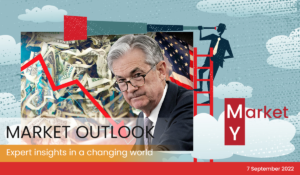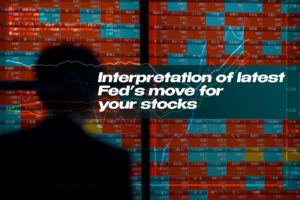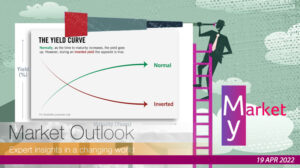
[Market Outlook] Will a Fed pivot trigger a stock market bull run?
Investors have been disappointed this year as financial markets have reversed the course after each rally and resumed a painful march downward to new lows. 📉
Overall, market sell‑offs have broadly coincided with the U.S. Federal reserve’s decisions to raise interest rates.
And many believe that a sustainable rally will emerge 📈 once the Fed stops hiking and starts cutting rates, typically known as a Fed pivot.
Currently, the question of a Fed pivot isn’t if; it’s when because the FOMC can’t continue to hike rates indefinitely.
So, when exactly will the Fed pivot? 🤔
Does the ‘fed pivot’ indicate a bullish signal for equity markets?
If so, does history support it, or is it the other way around? 🤷
Let’s find out. 👉










